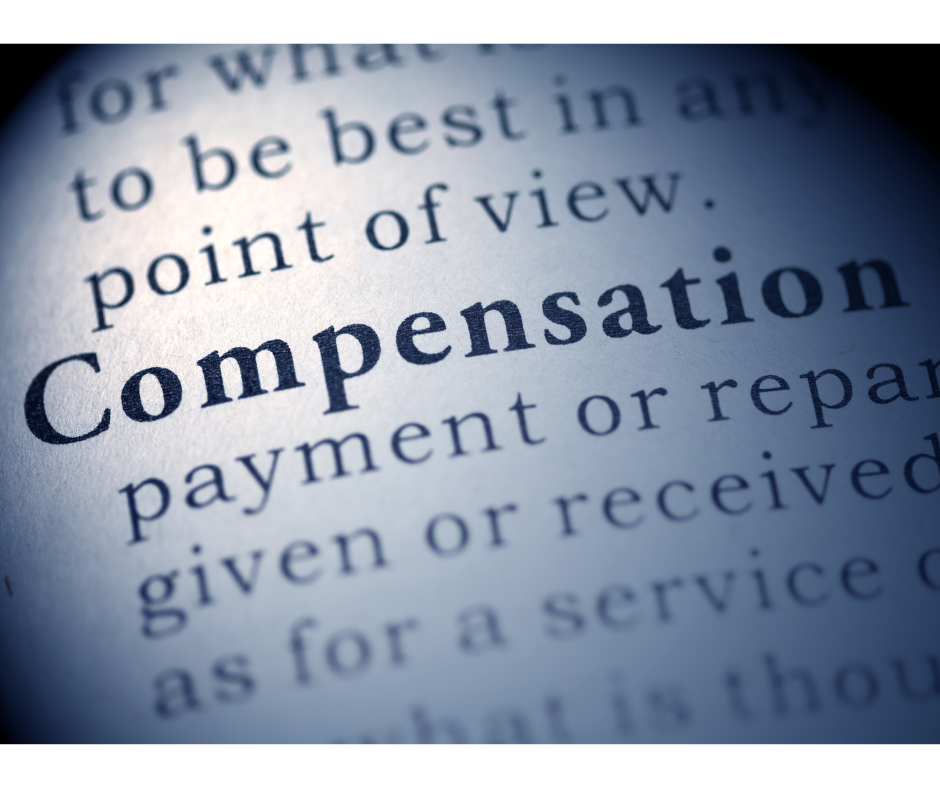The IRS requires S-Corporation shareholders to take reasonable compensation. What exactly is reasonable compensation? The IRS defines it as “the value that would ordinarily be paid for like services by like enterprises under like circumstances.” In other words, what would the business have to pay if someone else performed the same job as the business owner.
S-Corp shareholders should be aware that the IRS will re-characterize small business corporation dividends paid to the shareholders (shareholder draw/disbursements) in lieu of reasonable compensation for services. By reclassifying distributions/dividends as salary expense this creates an employment tax liability for the business and additional revenue for the IRS.
The key to establishing reasonable compensation is to determine what the shareholder did for the S-Corp. What exactly are their duties and how much would it cost the business to hire someone to perform them if the shareholder was not working in the business? What is their training and experience, duties and responsibilities, and time and effort devoted to the business? These are just some of the factors that should be considered when determining what is reasonable. Industry standards showing average salaries can be found on the internet. Seek the advice of a licensed CPA to be sure that the shareholders of your business are being paid reasonable compensation and the business is not at risk for non-compliance of these rules.
Feel free to contact our office if you have any questions.
Chris Murphy, EA



